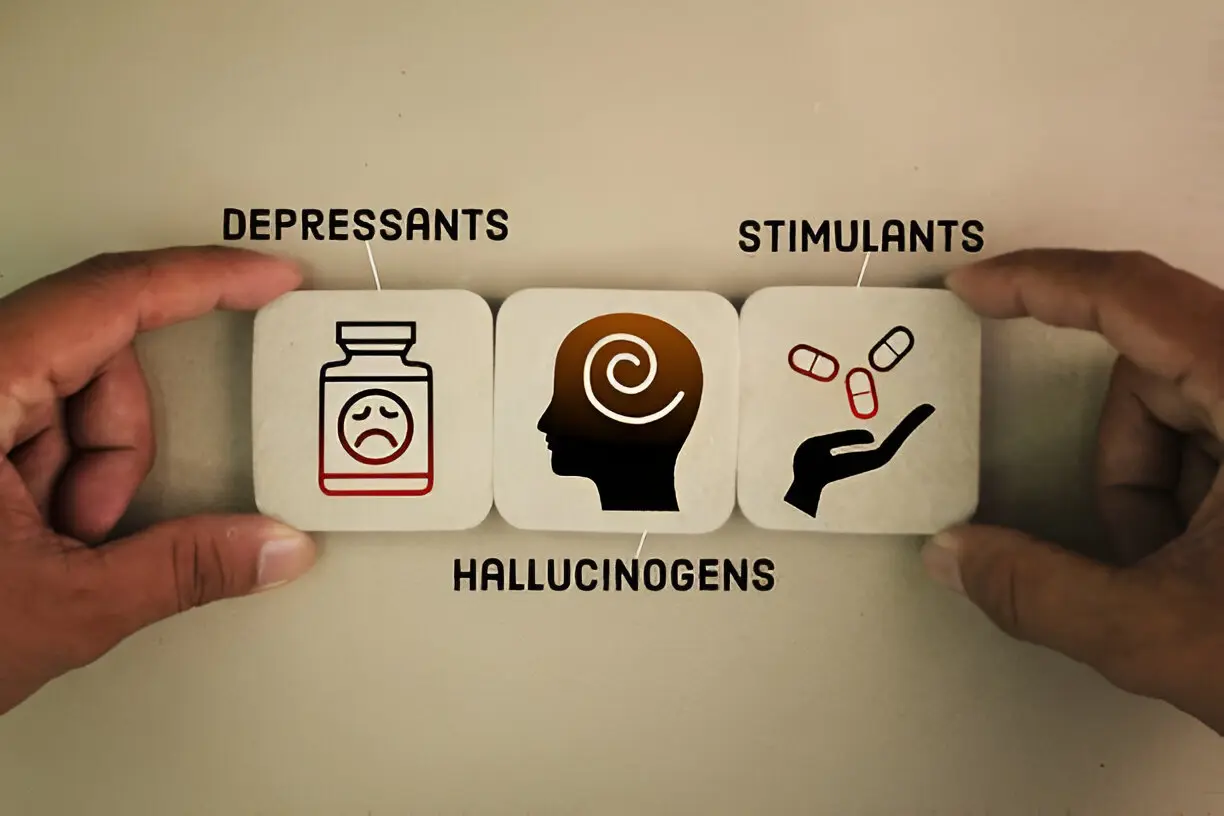The Changing Landscape of Depression Treatment
Treatments for depression have changed recently, with traditional methods like psychotherapy and medication being supplemented by more personalized, integrative approaches. Advances in science, technology, and public awareness are providing new ways to understand and treat depression at its core. Many affected individuals now find hope through ongoing research, updated tools, and evidence-based strategies. Access has improved via telehealth and online communities, making it easier to connect with professionals and support networks. The WHO reports over 264 million people suffer from depression worldwide, a leading cause of disability, highlighting te need for continued innovation. Healthcare providers and policymakers are deploying diverse strategies tailored to different populations. Recognizing mental health’s importance is also shifting culture, with campaigns, workplace programs, and school education reducing stigma and promoting help-seeking. This progress enables communities to offer accessible, inclusive, and practical support.
Personalized Approaches: Not One Size Fits All
Depression rarely looks the same from one person to another. Many factors—including genetics, lifestyle, medical history, age, and environmental stressors—affect how symptoms present and respond to treatment. Today’s mental health specialists are increasingly turning to personalized assessments, and in some cases, genetic testing, to identify the treatment methods most likely to work for an individual. As highlighted by resources like brainhc.com, this scientific and data-driven approach improves outcomes by matching each patient with therapies that consider their particular needs.
Personalized care goes beyond merely cataloging symptoms. Effective treatment considers the patient’s entire life: family dynamics, cultural background, access to resources, and the patterns that shape day-to-day living. Integrating family therapy or peer support, evaluating barriers to care like transportation or stigma, and closely monitoring treatment responses can dramatically improve engagement and the odds of sustained recovery. This highly tailored approach opens avenues toward meaningful and lasting improvement for those who may have battled against ineffective standard treatment protocols.
Medication: The Old, the New, and the Evolving
Pharmaceutical treatments are vital for managing depression, with SSRIs and SNRIs being the most common and effective for moderate to severe cases. Recently, innovations like esketamine, a nasal spray derived from ketamine, offer new hope, especially for treatment-resistant patients, showing quick relief. New medications targeting brain pathways like glutamate are also developing to improve safety and effectiveness. However, ongoing medication management—finding proper dosage, monitoring side effects, and regular evaluations—is crucial. Combining medication with therapy, lifestyle changes, and community support enhances outcomes and quality of life.
While many individuals experience improvement with the first prescribed treatment, others may require multiple adjustments to find the right balance. Medication adherence is equally essential, as missed doses can reduce effectiveness and trigger relapses. Collaboration between patients and healthcare providers helps tailor care to individual needs and reduces the trial-and-error process. Additionally, researchers are exploring biomarkers to predict which medications may work best for specific patients, paving the way for precision psychiatry. These advancements are creating a future where depression treatment can be faster, safer, and more personalized.
Therapy Innovations: Beyond the Traditional Couch
Psychotherapy remains a key depression treatment, but now practitioners offer more modalities. While Cognitive Behavioral Therapy (CBT) continues effective, newer methods like Acceptance and Commitment Therapy (ACT), Dialectical Behavior Therapy (DBT), and mindfulness-based cognitive therapy add tools for relief. Therapy now includes digital modules, virtual appointments, and AI support. Online platforms and apps improve access, overcoming location, time, and stigma barriers. These digital options offer flexibility for busy or rural individuals. Group programs, peer support, and forums foster belonging and reduce loneliness.
Modern Solutions: Technology and Brain-Based Treatments
Technology is transforming depression treatment. Non-invasive brain interventions like Transcranial Magnetic Stimulation (TMS), Electroconvulsive Therapy (ECT), and deep brain stimulation (DBS) offer alternatives to medication for severe cases. These devices use targeted pulses to modulate brain activity, providing relief when other treatments fail. Meanwhile, digital tools such as smartphone apps and wearable devices support real-time mental health management with mood tracking, medication reminders, guided meditation, and messaging with professionals. Data from these tools enables quicker, personalized care, bridging gaps in treatment.
Lifestyle and Social Support Play Vital Roles
While clinical depression often requires professional treatment, healthy lifestyle habits are crucial for recovery. Exercise releases mood-boosting endorphins. A nutritious diet supports brain health, and consistent sleep regulates emotions. Mindfulness, yoga, and relaxation help manage stress and build resilience. Social support is vital—connections with friends, family, and community prevent isolation, provide validation, and encouragement. Organizations emphasize integrating lifestyle changes and social support into treatment plans to foster holistic recovery and to avoid relapse.
A Glimpse Into the Future of Depression Care
Looking ahead, depression treatment is poised for greater integrative and preventative care. Researchers are optimistic that future breakthroughs will come from combining genetic markers, neuroimaging, and big data to predict who is at most significant risk and determine which treatments will be most effective before symptoms escalate. Digital therapeutics, AI-powered diagnostic tools, and scalable community-based interventions may bring individualized care to even the most remote or marginalized groups. As stigma continues to decline, and with more open conversations about mental health, early detection and intervention will soon become the norm—catching symptoms sooner and supporting individuals before a situation becomes critical.
Conclusion: Building a Brighter Path Forward
The landscape of depression care is shifting to flexible, patient-centered solutions that embrace science, technology, and human connection. From precision medications and innovative therapies to brain-based treatments and lifestyle integration, individuals now have more pathways to recovery. These advancements recognize depression as complex, requiring medical, social, cultural, and personal considerations. As research and access expand, future treatments promise earlier intervention, fewer relapses, and more sustainable recovery. Growing awareness and reduced stigma encourage more people to seek help without shame. Continued investment in innovation, compassion, and inclusivity will support individuals with depression through treatments that respect their challenges and potential for healing.
Also Read-How Ethical Breeding Influences Cavapoo Health and Behavior










